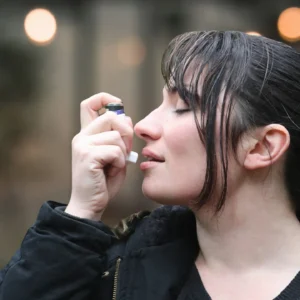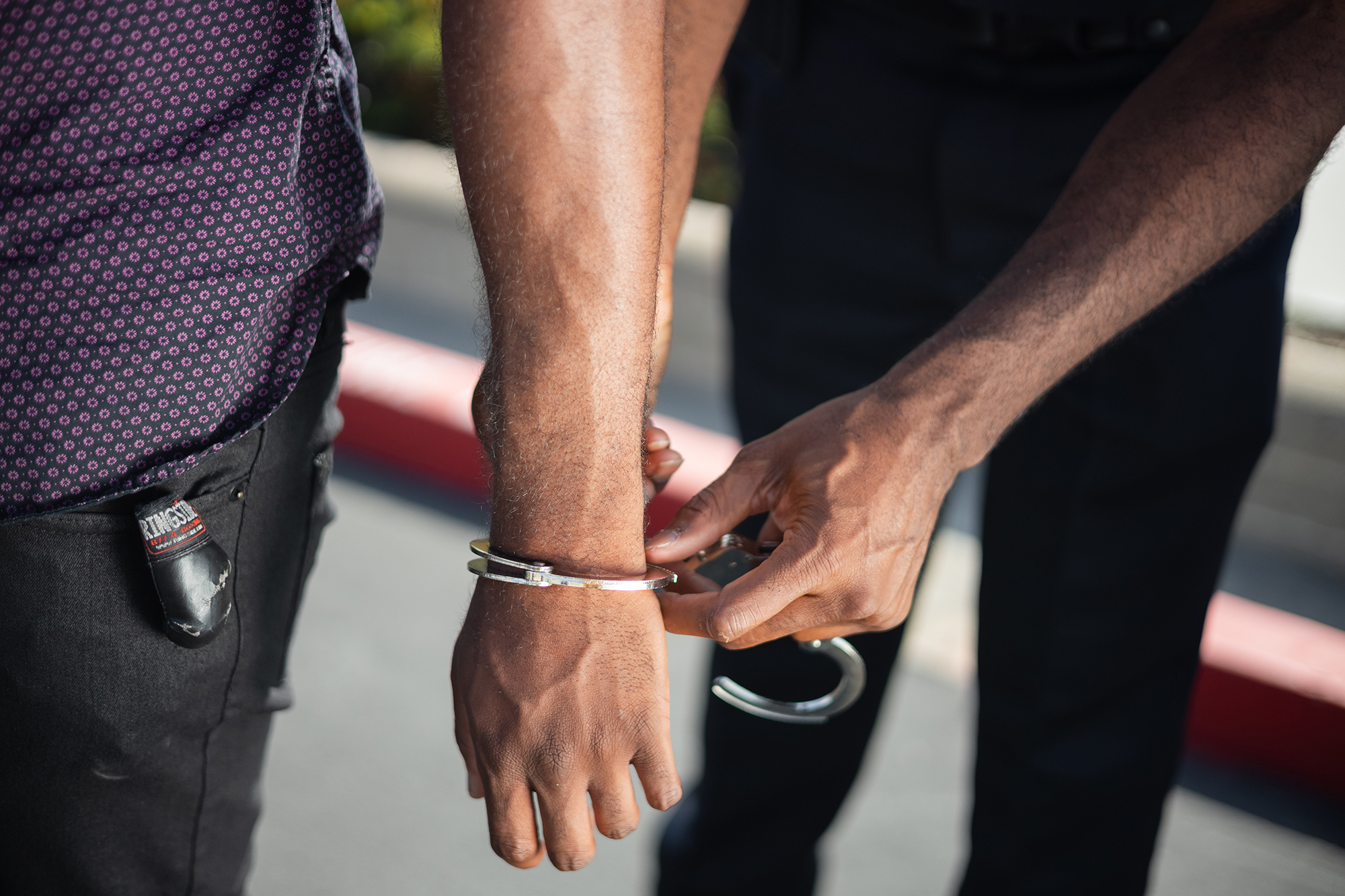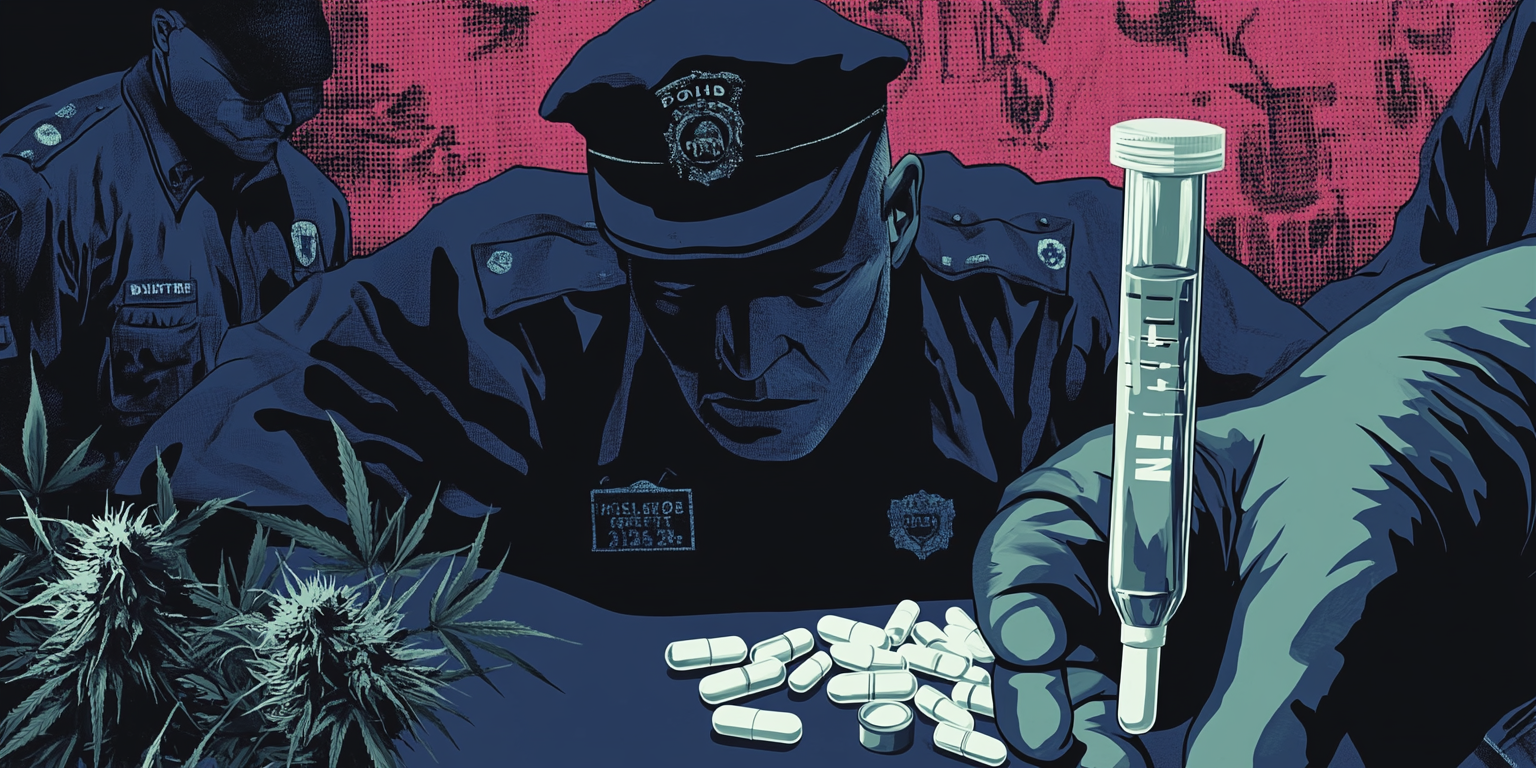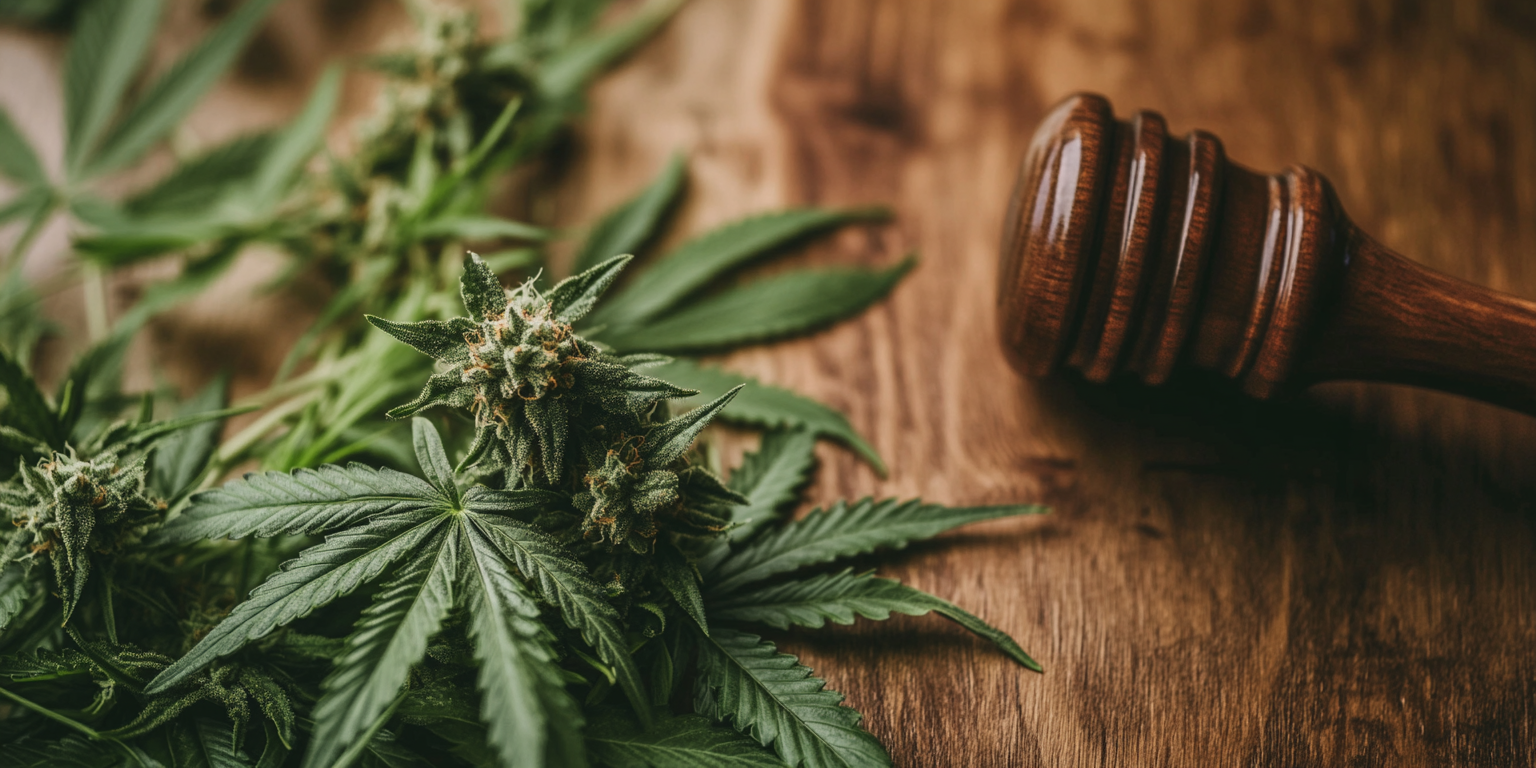Wisconsin Supreme Court: Cannabis Odor is Probable Cause
By Gabby Johnson

Table of Contents
- Where It Began: The Case
- The Charges Against Him
- The Basis of Judgement
- The Final Decision
- Cannabis Consumption with Discretion
- Moving Forward
Where It Began: The Case
The case in question involved Quaheem Moore, who was pulled over for speeding in Marshfield back in 2019. The arresting officers claimed to have detected a strong smell of burnt cannabis emanating from Moore’s car during the interaction. When questioned about the odor, Moore acknowledged possessing a CBD vaping device and clarified that the car was rented by his brother. Although the officers acknowledged smelling marijuana on Moore, they justified searching both Moore and the vehicle based on the scent of cannabis. The officers reported observing an askew belt buckle and, upon closer inspection, a bulge in Moore’s pants. Further examination revealed a hidden pocket within the zipper, which contained packets of fentanyl and cocaine.The Charges Against Him
Consequently, Moore faced charges of narcotics possession, excluding marijuana possession. Moore’s defense argued that the officers lacked probable cause for the search, as they did not smell marijuana directly on Moore and due to the legal status of CBD and hemp, which possess an odor indistinguishable from marijuana. Consequently, they asserted that the drugs discovered during the search should be excluded from evidence.The Basis of Judgement
To understand the divide regarding the courts’ decisions, we must start with the explanation of a previous case dating back to 1999. A Supreme Court ruling allowed police to arrest a driver based on their connection to the odor of cannabis in the vehicle they were operating. This ruling regarded the unmistakable scent of a controlled substance as evidence of a committed crime. That being said, the growing, use, and possession of hemp is legal in Wisconsin. The line becomes a little blurry once you realize that raw hemp and smokable cannabis share the same scent. Where does one draw that line, and when do the police cross it? Initially, both a circuit court judge and an appeals court agreed with Moore’s defense, ruling the evidence inadmissible. However, prosecutors appealed these decisions to the higher courts, contending that the lower courts had erred in their judgment. ustice Rebecca Frank Dallet, dissenting from the majority opinion and joined by two other justices, argued, “Officers who believe they smell marijuana coming from a vehicle may just as likely be smelling raw or smoked hemp, which is not criminal activity.”The Final Decision
In a majority opinion authored by Justice Brian Hagedorn, the conservative majority of the Wisconsin Supreme Court disagreed with the previous rulings of the 1999 case, affirming the admissibility of the evidence. The majority argued that, since Moore was the sole occupant of the vehicle, the police reasonably deduced his association with the illegal substance detected by the officers. However, the liberal minority of the Wisconsin Supreme Court questioned the relevance of the 1999 ruling to Moore’s case, asserting that the police lacked strong evidence linking the cannabis odor to Moore specifically. Furthermore, they highlighted the outdated nature of the previous ruling, failing to consider the subsequent legalization of hemp and CBD. Following the release of the Supreme Court ruling, Moore’s attorney, Joshua Hargrove, expressed concern that this decision could enable law enforcement to justify searches based on unreliable conclusions without facing accountability in court. He cautioned, “This opinion could subject more citizens engaged in lawful behavior to arrest.” As debates surrounding cannabis legalization continue, it remains crucial to examine the evolving legal landscape and its impact on probable cause, law enforcement practices, and individual rights.Cannabis Consumption with Discretion
While we do not condone driving under the influence, we obviously do not condone the war on drugs either. As long as you are consuming responsibly for the safety of yourself and others, one should be allowed to do so, right? That being said, we all know cannabis is not federally legal (yet). If you need more discreet ways to consume your cannabis without getting searched and booked for the night, we got you. There are many modes of consuming cannabis nowadays that leave zero scent. Options such as tinctures, capsules, edibles, and vapes exist at most dispensaries. Here at Fairwinds, we believe that everyone should enjoy the consumption of cannabis without having to smell like the dispensary. Well, unless you want to, of course. (Sometimes nature’s perfume just hits different.) Our cutting edge technologies, however, allow us to come up with top-notch products such as capsules, topicals, tinctures, and drink mixes with no trace of cannabis use. We even have a metered-dose inhaler that looks like a regular ol’ inhaler. How much more discreet could you get? If you’re looking for something discreet but more on the edible side, you should try our Nectar Drops from our rec line, Passion Flower Cannabis Collective.
Moving Forward
Now more than ever is the time to stay informed about the legalization of marijuana. To ultimately stay safe, know your local laws about cannabis consumption prior to carrying, travelling, or consuming it. If that’s not an option, be sure to go with the scentless modes of consumption. Not only should you look out for yourselves, but look out for others as well. Stay involved in the voting process and stay informed on what decisions are being made without us. We’re on the brink of legalization and it’s time to act now!
Tags:
cannabis eventsfederal cannabis legalizationis the smell of weed probable causeis weed legal in wisconsinlegalize weed in wisconsinprobable cause affidavitprobable cause hearingprobable cause to search a vehicleprobable cause vs reasonable suspicionwisconsin cannabis legalizationwisconsin legalizing weed
Officer Reinstated After Fired For THC Positive Drug Test
A police officer in Jersey City, New Jersey faced termination after testing positive for THC in a 12
DEA Proposes Rescheduling Cannabis to Schedule III
The Drug Enforcement Administration (DEA) has made a monumental decision in cannabis rescheduling th
Your Dad Will Love These Father’s Day Ideas
It’s important to show your Dad how much he means to you, especially on Father’s Day. Wh





Leave a Reply